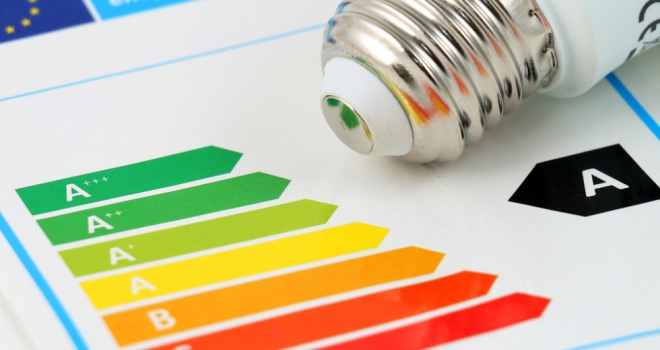
From 1st April, new Minimum Energy Efficiency Standard (MEES) regulations mean that all rental properties, for new lets and re lets, must have an Energy Performance Certificate (EPC) of at least level E or above, with landlords who fail to comply facing fines of up to £4,000 if their property’s rating is not up to the new standard.
However, it seems that a lot of landlords still have work to do to improve their rating. Recent research from Just Landlords has revealed that only 24% of landlords were able to identify this penalty fine correctly, and only just over half (52%) knew that improving the insulation of a property could have a large impact on raising their EPC rating. More worryingly, figures released by The Association of Residential Letting Agents have revealed that some 300,000 properties still have an EPC rating of F or G.
According to a report from Parity Projects for the UK Green Building Council, it’s possible for landlords to improve the energy efficiency of their property for £2,500 or less, which is considerably less than the fine they could face.
As such, we’ve put together our top 5 tips for landlords looking to improve their properties’ EPC ratings:
1. The boiler
Landlords need to check how old the current boiler is and carry out regular servicing for each new tenancy agreement Installing a newer, more efficient boiler could make a significant difference to the property’s energy efficiency, which is one of the key factors when deciding the EPC rating. Upgrading to a new condensing model can improve an EPC rating by 5 to 20 points, depending on how old the current system is. Whilst boilers are expensive to replace, landlords have the potential to save significant amounts of money in the long-term by doing so.
2. Loft insulation
This is one of the cheapest and easiest ways for landlords to improve their EPC rating. If the property’s loft insulation is less than 270mm thick, landlords should consider updating this so that warm air from the property doesn’t escape into the roof space. By doing this, landlords can improve their EPC rating by a significant 10 to 15 points. Even a slight top-up of existing insulation can help boost the rating by 2-5 points.
3. Cavity wall insulation
It’s important to find out what material has been installed within the property’s walls – if any at all! If the property was built in or after the 1920s, adding some cavity insulation could give the EPC rating a significant boost. However, if landlords decide to complete this type of work, they need to keep proof that this has been done, or else an assessor may assume that it’s not there and note this down on the EPC certificate.
4. Renewable energy
Renewable technologies such as solar panels could significantly reduce energy usage and may even allow owners to earn income from additional supply, through the government's incentive schemes.
5. Lighting
Switching all your lightbulbs over for energy efficient ones such as Light Emitting Diodes (LEDSs) is both simple and cost-effective to introduce.
Whilst some of these measures are more expensive than others, in the long run, they could save thousands of pounds. With 1st April fast approaching, it’s therefore vital that all landlords take the necessary steps to get their rating up to an E. Without doing so, the consequences could be significant and far greater than the cost of initially improving; not only will landlords face the threat of a hefty fine, but they may also risk having their properties lying empty.





